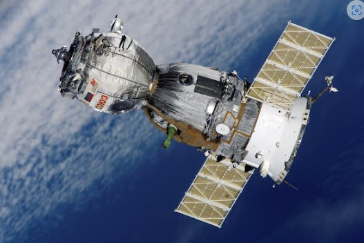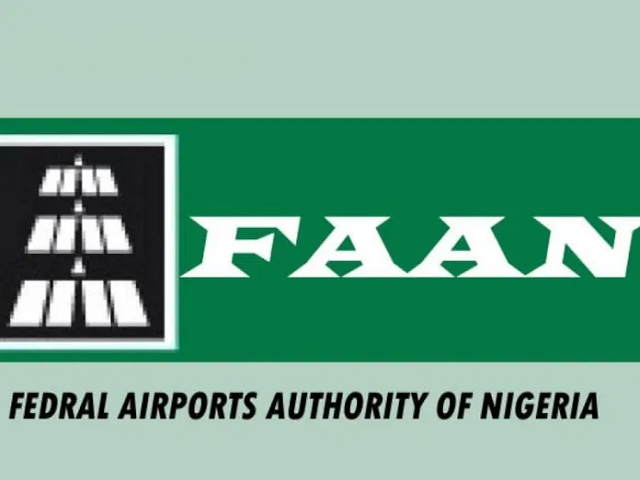Nigerian Communications Satellite (NIGCOMSAT) partners with Eutelsat to deploy Low Earth Orbit (LEO) satellite services across Nigeria, aiming to boost nationwide connectivity.
The partnership, announced by Aisha Bantam, Head of Corporate Affairs at NIGCOMSAT, is set to improve internet access for government agencies, businesses, and rural communities, providing high-speed, low-latency communication solutions.
LEO satellites, which orbit the Earth at altitudes ranging from 500 to 2,000 kilometers, offer faster data transmission and reduced delays compared to traditional geostationary satellites, which orbit at approximately 35,786 kilometers. This proximity allows LEO satellites to deliver efficient real-time communication, making them ideal for broadband services.
By leveraging OneWeb’s advanced LEO satellite network, NIGCOMSAT aims to strengthen its position as a leading satellite communications provider in Nigeria. Jane Egerton-Idehen, Managing Director of NIGCOMSAT, highlights that the collaboration represents a key step in bridging the country’s digital divide.
“This partnership enables us to bridge Nigeria’s digital gap with OneWeb’s cutting-edge LEO technology, delivering scalable and reliable connectivity across sectors,” says Egerton-Idehen.
The initiative also underscores the growing collaboration between Nigeria and France in satellite and space technology development, promising substantial opportunities for innovation and driving Nigeria’s digital transformation.
“NIGCOMSAT remains committed to offering world-class satellite services that support critical sectors like education, healthcare, and security,” she adds.
Eutelsat, headquartered in Paris, France, is a prominent global satellite operator. After merging with OneWeb in 2023, Eutelsat now operates a combined fleet of geostationary and LEO satellites, serving various sectors including video broadcasting, mobile connectivity, and government operations. The company operates over 600 LEO satellites and 35 geostationary satellites, serving over 6,500 TV channels worldwide.
In addition to the NIGCOMSAT-Eutelsat partnership, Nigeria continues to make strides in digital infrastructure development. The U.S. and Nigerian governments recently sign a $2.095 million grant to assess the feasibility of deploying 90,000 kilometers of new fiber-optic backbone infrastructure across Nigeria. This initiative supports the National Broadband Plan 2020-2025, which aims to increase broadband penetration from 42.27% to 70% and ensure affordable, high-quality internet for 90% of the population.
NIGCOMSAT also plans to replace its current satellite, NIGCOMSAT-1R, which will complete its 15-year operational life in 2026. The agency calls for global investment to help launch NIGCOMSAT-2 and NIGCOMSAT-3, further advancing satellite communications in Nigeria.
Meanwhile, Lagos is expanding its digital infrastructure, with plans to extend its fiber-optic network by 1,200 kilometers in 2025, adding to the existing 2,500 kilometers to improve the city’s connectivity.













